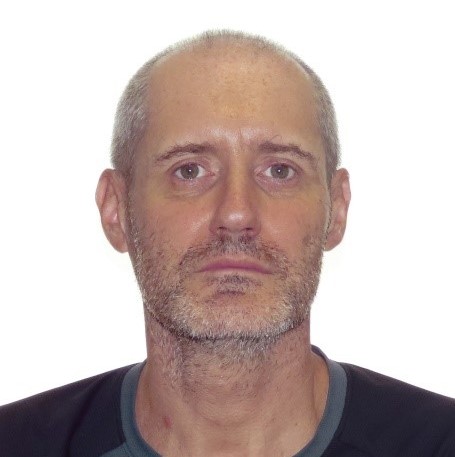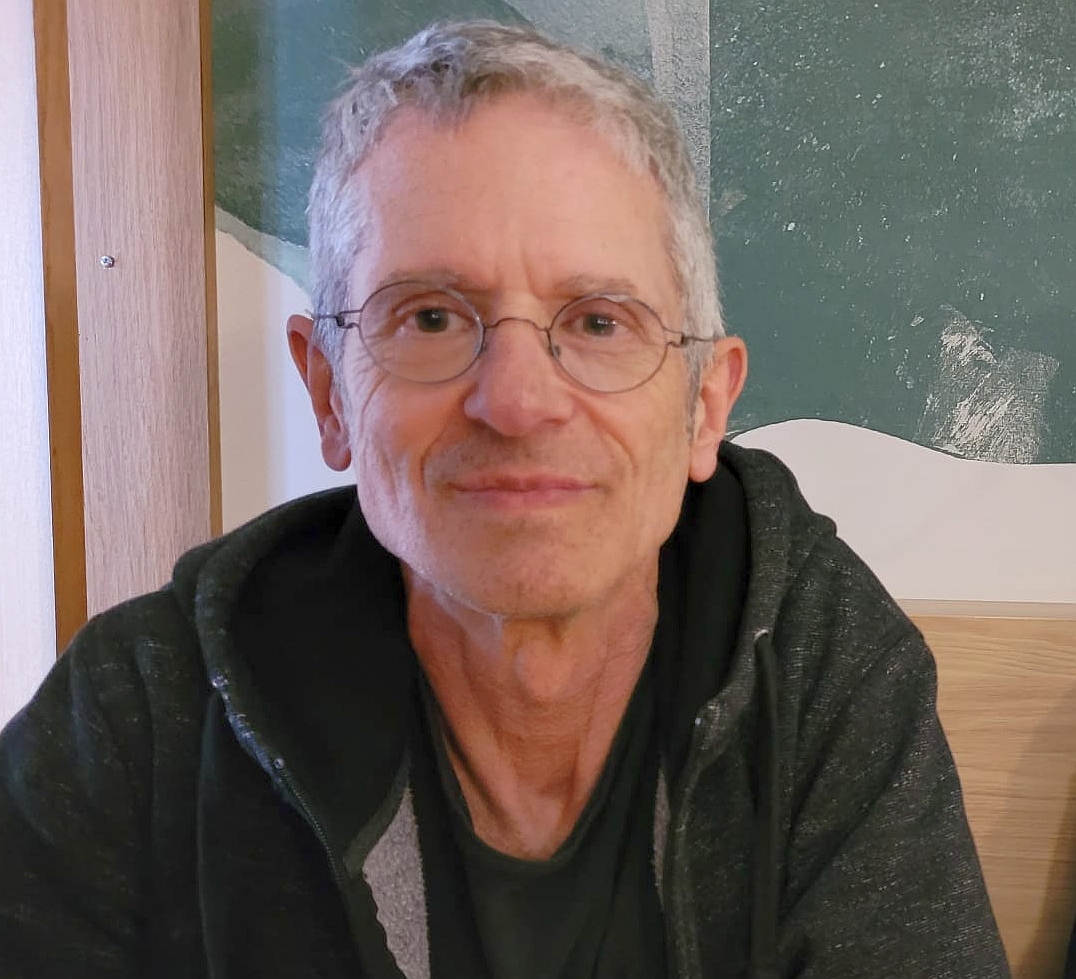Commonwealth Scientific and Industrial Research Organisation (CSIRO) - AU
Address: 15 College Rd, Sandy Bay, Tasmania 7005, AU
Email: Rebecca.jordan@csiro.au
Dr Rebecca Jordan is a Research Scientist at Australia’s national science agency, CSIRO. She is fascinated by how evolution and landscapes shape genetic variation within plants and how this knowledge can support forest ecosystem management to enhance adaptability now and into a changing future. Rebecca’s research combines genomic approaches with field experiments to investigate adaptative variation and potential future adaptability in trees, with outcomes directed to restoration and conservation – guiding seed sourcing to create resilient revegetation plantings and investigating how genomics could help predict vulnerability to climate change.
Conserving evolutionary potential: understanding genomic variation to guide forest conservation and enhance adaptability to climate change
In a rapidly changing world, forest conservation and management are challenged with conserving the evolutionary potential of species, not simply their persistence. This is especially true for long-lived species such as trees, where rates of environmental change may outpace their capacity to adapt. Understanding how evolution has shaped variation across landscapes and how such variation could be harnessed to increase adaptability are key to informing conservation decisions that enhance resilience under climate change. Using eucalypts as an example, we showcase how understanding of adaptation to climate can be applied to conservation of forest systems. We show how landscape genomics can guide assisted gene flow for revegetation by assessing current patterns of adaptive variation. We present early results from a national-scale network of experimental trials testing the effectiveness of alternative provenancing strategies which aim to enhance adaptability of plantings by incorporating assisted gene flow. Finally, we explore the potential of genomics to predict maladaptation to climate change. We discuss results from genomic and glasshouse trials investigating the opportunities and uncertainties of genomic predictions, and the implications for genomic adaptation under climate change in trees more broadly. Together, this works highlights how understanding of evolutionary dynamics can help guide forest conservation that enhances adaptability in an uncertain future.




















